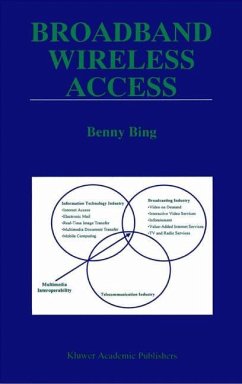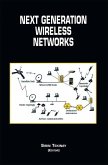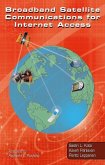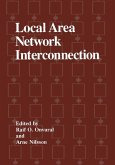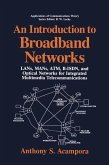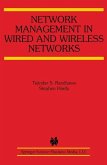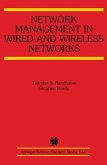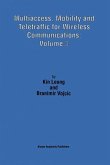This chapter has discussed how a commonbroadcast medium can be shared among many contending users. Multiple access protocols differ primarily by the amount of coordination needed to control potentially conflicting packet transmissions. Ato neextreme is random access where no coordinationis provideda ndp acket collisions arep ossible. Atthe other endo fthe spectrum, the class of fixed assignment access protocols eliminates collisions entirely butpay the price ofadditional overhead required forscheduling user access. Hybrid access protocolsb etweenthese two extremes exist While these protocols attempt to combine the advantages ofrandom andfixed access, they also suffer the c ombined drawbacks and overhead ofboth classes of access schemes. Amongt he many factors that determine the performance ofa n access protocol include the propagation delay/packet transmission timeratio, the message arrival process, the types of feedback information available, the user population, and the abilityof the user to sense the activities in the network. BIBLIOGRAPHY [ABRA93] Abramson, N. , Multiple Access Communications , IEEE Press, 1993. [BERT92] Bertsekas, D. and Gallager, R. , Data Networks , Prentice Hall, 1992. [CHOU83]Chou,W, ComputerCommunications Volume1:Principles , Prentice Hall, 1983. [CIDO87] Cidon, I. andSidi, M. , Erasures and Noise in Splitting Multiple Access Algorithms , IEEE Transactions on Information Theory, Vol. 33, No. 1, January 1987, pp. 132 140. [CIDO88] Cidon, I, Kodesh, H. and Sidi, M. , Erasure, Capture and Random Power Level Selectionin Multiple Access Systems , IEEE Transactions on Communications , Vol. 3 6,N o. 3,March 1988, pp. 263 271.
Hinweis: Dieser Artikel kann nur an eine deutsche Lieferadresse ausgeliefert werden.
Hinweis: Dieser Artikel kann nur an eine deutsche Lieferadresse ausgeliefert werden.

